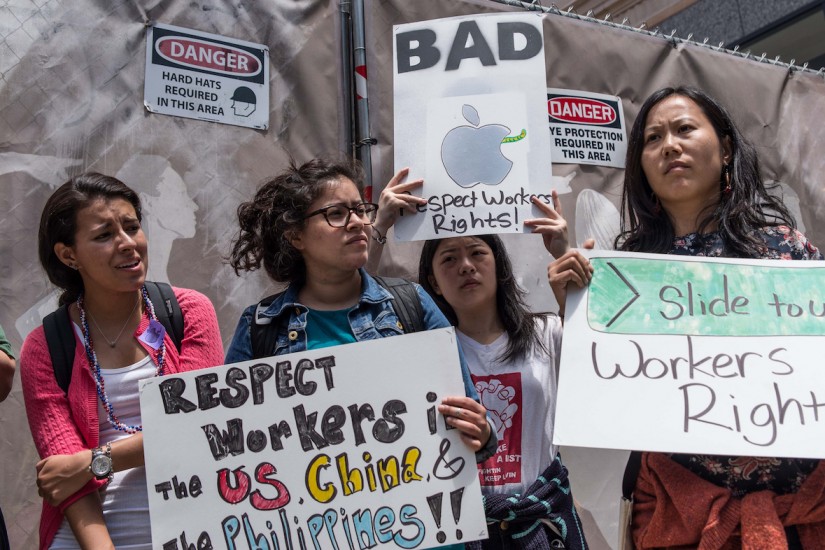The term “disruptive innovation” was coined by Harvard Business School professor Clayton Christensen in the mid-90’s to describe a particular business phenomenon, whereby established companies focus on high-priced products for their existing customers, while disruptors develop simpler, cheaper innovations, introduce the products to a new audience, and eventually displace incumbents. PCs disrupted mainframes, discount stores disrupted department stores, cellphones disrupted landlines, you get the idea.
In Silicon Valley’s telling, however, “disruption” became shorthand for something closer to techno-darwinism. By imposing the rules of nature on man-made markets, the theory justified almost any act of upheaval. The companies still standing post-disruption must have survived because they were the fittest.
“Over the next 10 years, I expect many more industries to be disrupted by software, with new world-beating Silicon Valley companies doing the disruption in more cases than not,” Andreessen wrote in his seminal 2011 essay on software in the Wall Street Journal. “This problem is even worse than it looks because many workers in existing industries will be stranded on the wrong side of software-based disruption and may never be able to work in their fields again.”
They promised the open web, we got walled gardens. They promised individual liberty, then broke democracy—and now they’ve appointed themselves the right men to fix it.
